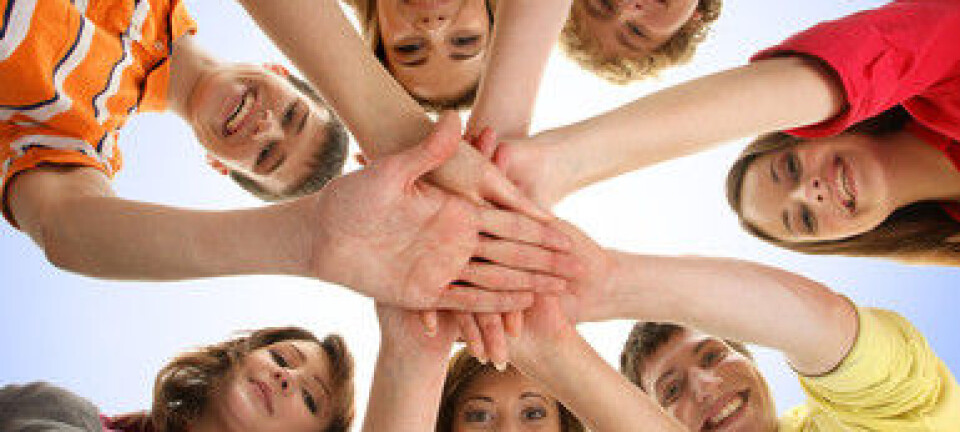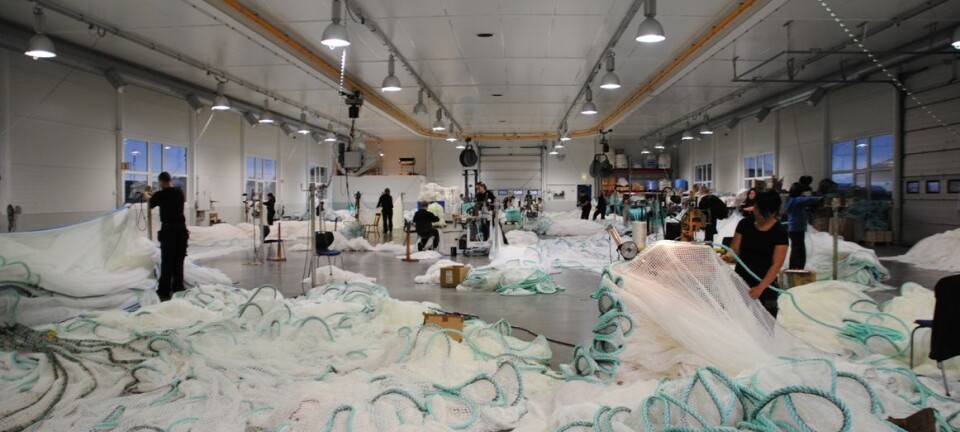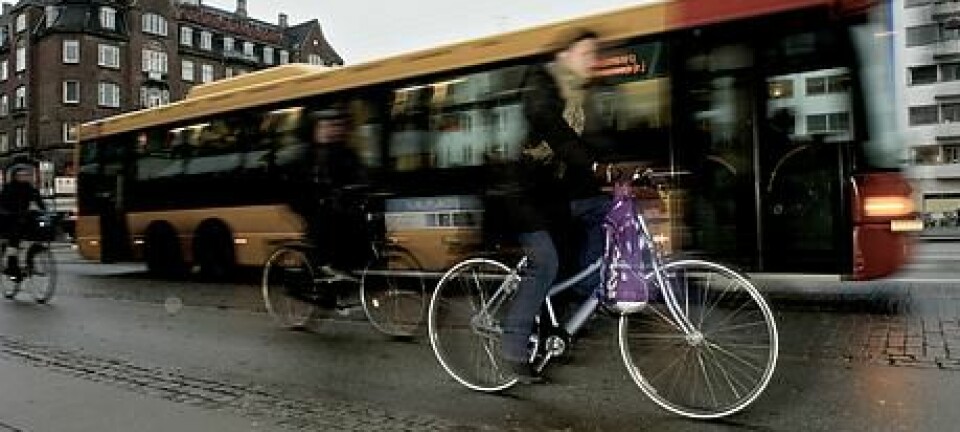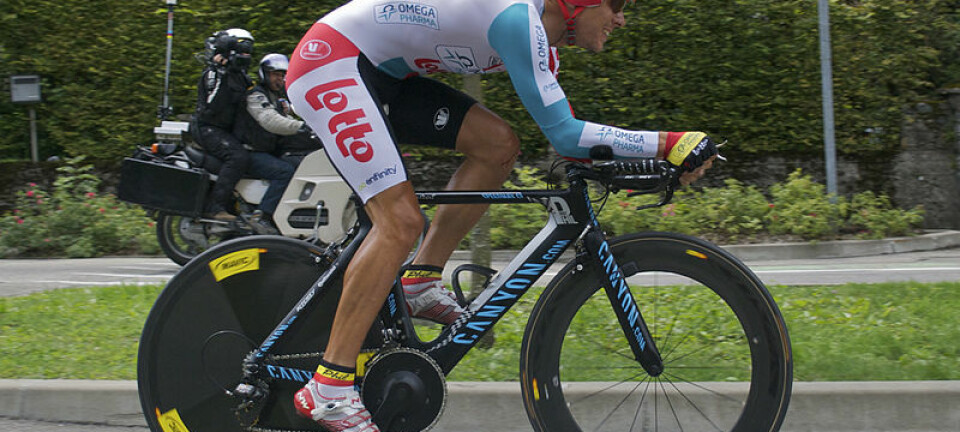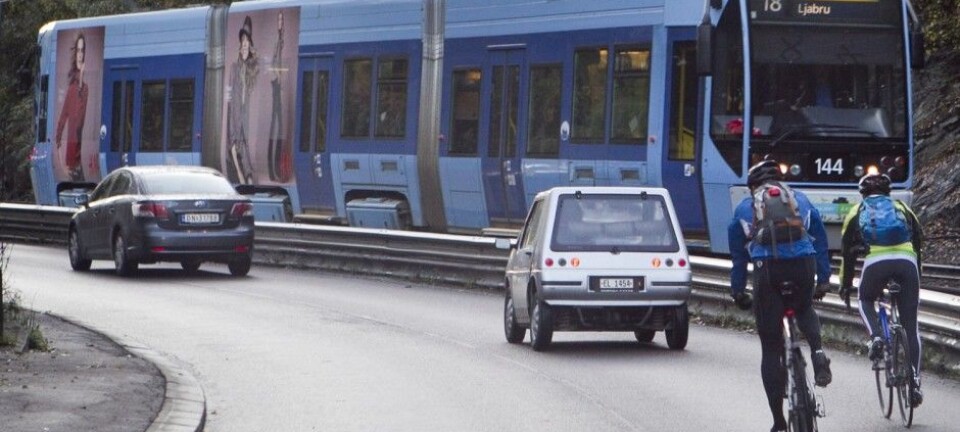An article from Norwegian School of Economics (NHH)
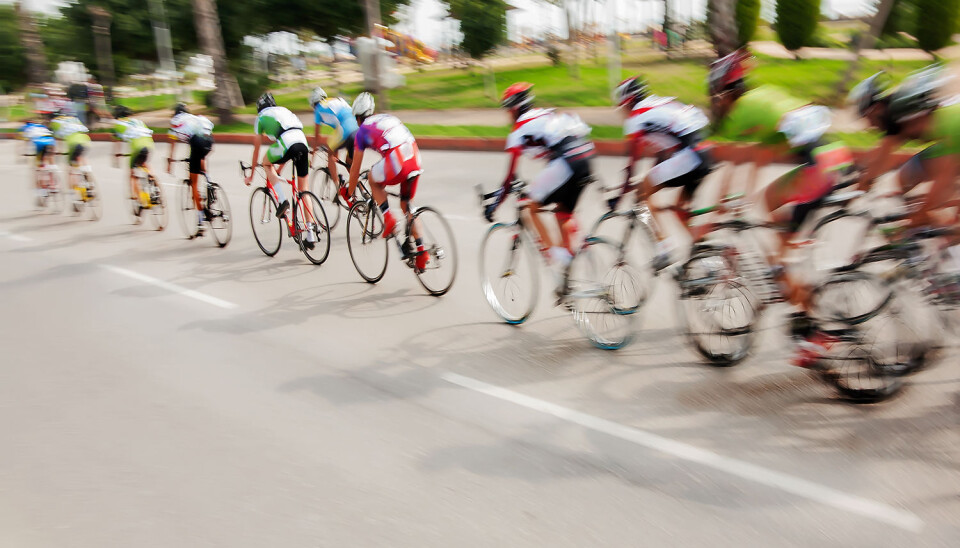
The winner takes all – support riders get nothing
Good performances in team cycling are dependent on the cohesion of the riders, established norms and involvement in the decision-making process.
Denne artikkelen er over ti år gammel og kan inneholde utdatert informasjon.
“You're going to die for one of your team mates and no one (in the media) will write about it afterwards. To achieve (this type of attitude) there has to be a cohesive group,” said one of the cyclists who was interviewed by NHH researchers.
In cycling, it is not possible to win a race without a top team, but almost all the glory and fame go to the one person who wins the race thanks to the efforts of the entire team.
The team before personal gain
Competing in gruelling team competitions such as the Tour De France can serve up problems that are also well-known for other forms of group work.
Professor Vidar Schei and Associate Professor Therese Sverdrup of the Department of Strategy and Management at NHH have, together with former master's student Katrine Netland, studied what is required for the entire team to give their all, even if they have to put the success of the group ahead of personal gain .
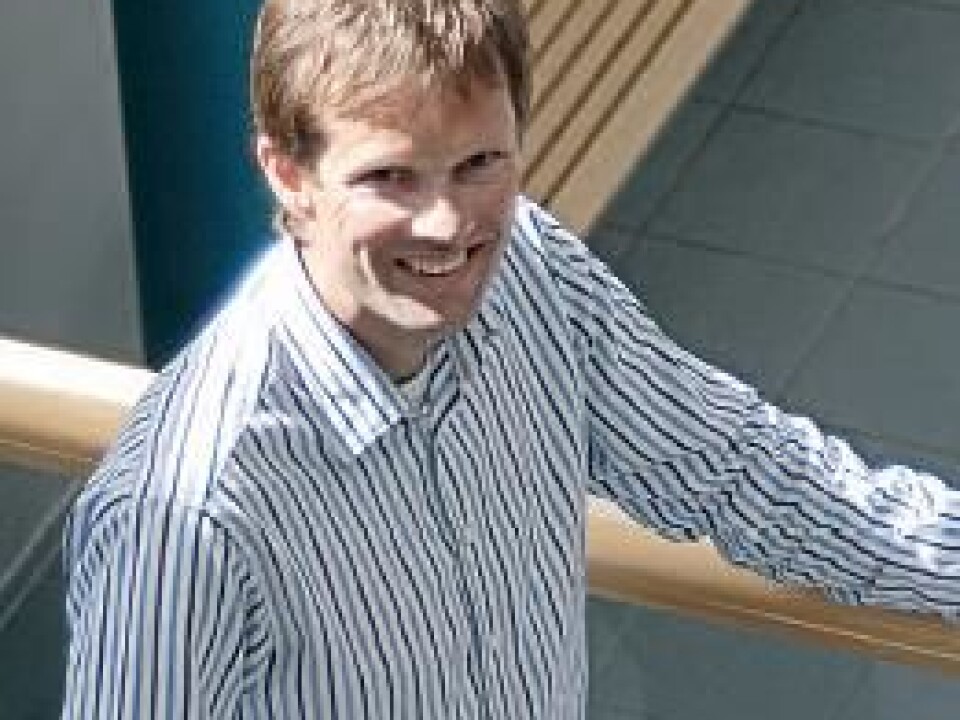
To shed light on the tension between individual and collective goals, the researchers conducted in-depth interviews with both athletes and sports directors. The responses clearly demonstrate that cooperation is important, but it can also be extremely difficult.
One of the respondents stated the following: “Cycling is a team sport where everyone on the team has a different assignment. In order to win, each one of us is totally dependent on having a team that works together.”
The winner takes all
However, the need to cooperate is challenged by the winner receiving all the attention.
“If you are number two, you have actually lost, because the winner gets all the attention,” said one cyclist.
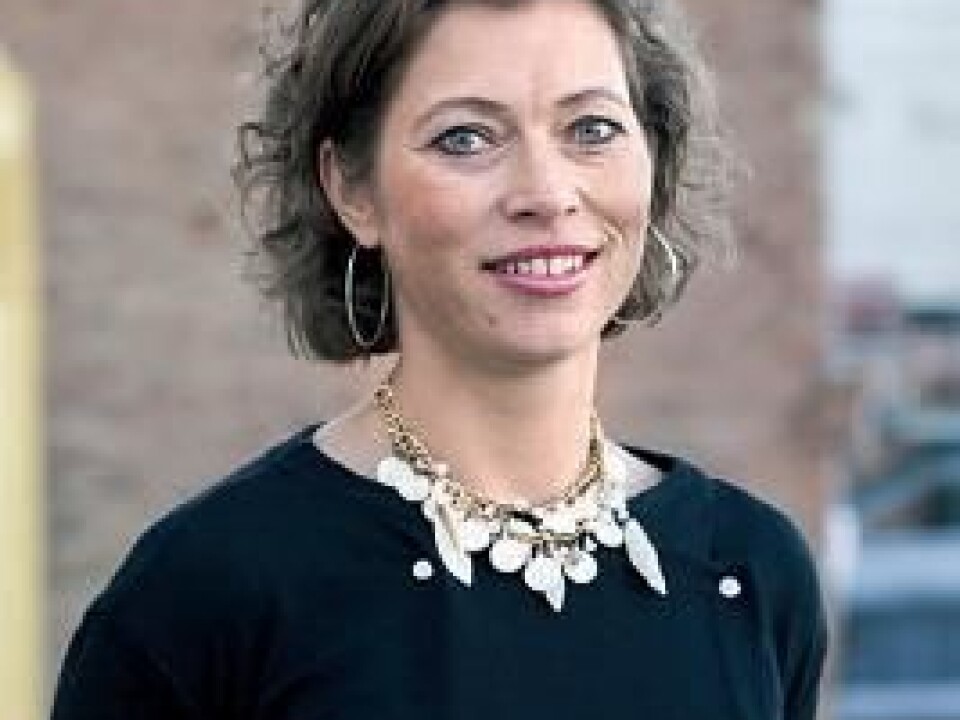
Since no points are awarded for assisting, the results also do not appear in the statistics.
“The media often questions why he is on that team; the guy who has no results. It can be quite painful when you have put in a huge effort for the team,” said another cyclist.
It is emphasised that the team is totally dependent on having pro-social riders. Those who do not “cycle for the team”, but for themselves, can cause divisions and frustration.
Team spirit
“We see how important it is to clarify expectations and unwritten rules in a cooperative situation. This is especially the case at the start, but can also be so during the process to determine whether these expectations can be maintained or breached,” says Professor Vidar Schei.
In order to analyse the dynamic in the groups, the researchers drew on three central mechanisms that influence behaviour: social mechanisms, authoritarian mechanisms and reward mechanisms.
Social mechanisms have an impact through group norms, for example, by expecting an act to be reciprocated. If the norms are violated, punishment can be expected from the rest of the group. Authoritarian mechanisms have a direct impact through instructions and rules, while reward mechanisms work through established incentives, whereby the individual will perform to achieve these.
Control and reward
Through the interviews, the researchers found that both authoritarian control and reward mechanisms are used to promote cooperation, but that these are not as effective as social mechanisms.
“Social norms are more effective because they are linked more to inner motivation. The norms vary and can therefore be changed in line with the development of relationships,” says Therese Sverdrup.
According to Sverdrup, they are therefore both stronger and more flexible than the other mechanisms.
Three pillars
The researchers divide the social mechanisms into three main principles:
- Involvement
- Cohesion
- The psychological contract
Involving the athletes produces better decisions, since the riders, for example, know best themselves what shape they are in. If everyone is involved in defining rules, goals and a vision to be followed, this gives a feeling of ownership and responsibility. Cohesion in the group is emphasised as being especially important for everyone to move in the same direction and sacrifice their own personal gains.
“It is easier to help a friend than a colleague,” said one respondent.
To improve cohesion, the teams arrange general team-building exercises, but they also have meetings at which they take personality tests, assess personality types and talk about communication. The goal is to better understand each other - why each person says what he says and acts like he does.
The contract
A third important factor is the psychological contract that is created between the athletes. The contract can include a feeling of responsibility for the team members so that they, for example, give everything to help someone who is in a position to do well.
If someone breaches the psychological contract, this can become a major problem.
“If a person is loyal, I have no problem making sacrifices for him, because I know the situation may be reversed another time. If he is not loyal, it becomes worse,” said one cyclist.
“If the psychological contract works, it creates unbelievable strength and good results,” said another.
Compared with many foreign countries, Norwegian workplaces are characterised by a flat structure which works well in this context. However, there can still be conflict between a clear ideal of personal success and the need for teamwork.
Can undermine teamwork
“Companies plan personal success through bonuses and grading schemes. This can often undermine teamwork and cooperation, and the sharing of knowledge in particular can suffer,” says Schei.
However, the researchers emphasise that there are also challenges associated with emphasising the social mechanisms.
“Misunderstandings and breaches can arise because the mechanisms can be difficult to talk about and put into words. The people involved must understand the mechanisms and the leader must follow the development of the mechanisms in order to manage possible breaches. For some it is perhaps easier to follow the authoritarian mechanism, because it is clear what is expected,” Sverdrup concludes.







